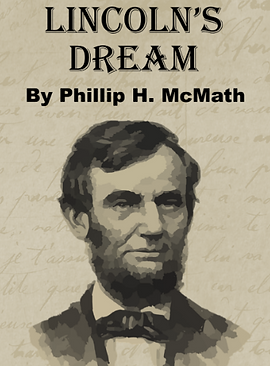My PLAYS
The Hanging of David O Dodd

The hanging of David O. Dodd, a charming lad of only seventeen, is one of Arkansas's most famous and dramatic Civil War stories. David's father, a sutler, and businessman living with his family in Camden, Ark., sent David to Little Rock in December of 1863 to conduct business related to the sale of tobacco. Little Rock was occupied by the Union army commanded by General Frederick Steele, while the Confederate Army, stationed in the southern part of the state, was led by General James F. Fagan. David, riding a mule from Camden, in crossing the Confederate lines needed a transit pass from Fagan. In granting the pass, the general asked David to provide information about Steele's army upon his return. Dodd arrived in Little Rock on Christmas Eve. While residing with an aunt, he delivered letters, socialized, and conducted his father's business. In order to satisfy Fagan, Dodd acquired some relatively useless organizational information about the Union forces. Previously employed as a telegraph operator, he secreted this in a Morse Code book. Around Dec. 28th Dodd began his return journey. While passing through Union lines he was arrested and the information found. Arraigned before a military tribunal, after a travesty of a trial, he was sentenced to be executed. Despite pleas for clemency from local ladies, Dodd was hanged off the back of a wagon on January 8th, 1964. His magnanimity and extraordinary courage were inspirational to everyone, Union or Confederate, and his story quickly became a legend in Arkansas history.
Lincoln's Dream
This tragedy takes place in the last week of President Abraham Lincoln’s life.
While sitting in the office at the desk of Jefferson Davis, president of the confederacy who
had fled, Lincoln fell asleep. Did he dream? The play performs the dream he might have
dreamed as John Wilkes Booth plots his assassination.


Dress Blues
Set in Arkansas during Christmas 1968, Vietnam is a shadow looming over the world. Twins Mary Jo Morgan, an anti-war activist who makes a surprise return home, and Jason Morgan, a Marine headed off to Vietnam, spark the conflict. Family members are forced to take sides on the issue.
Karski's Message
Karski’s Message is based on the true story of Jan Karski, a Polish World War II resistance fighter and later professor at Georgetown University. In 1942 and 1943, Karski escaped capture and near death to report to the Western Allies — Britain and the United States — on the situation in German-occupied Poland, especially the destruction of the Warsaw Ghetto and the secretive German-Nazi extermination camps. Karski personally met with world leaders, telling them about the situation in Poland, becoming the first eyewitness to try to convince the world that the Jewish Holocaust was a reality.
